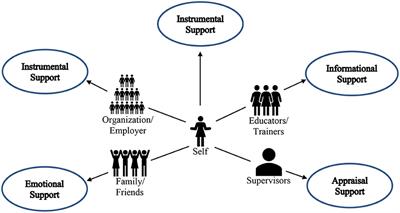EDITORIAL
Published on 28 Jul 2023
Editorial: Social relationships and career development throughout the lifespan: identifying patterns of shared and non-shared agency
doi 10.3389/fpsyg.2023.1235829
- 2,179 views
6,834
Total downloads
38k
Total views and downloads
Select the journal/section where you want your idea to be submitted:
EDITORIAL
Published on 28 Jul 2023
ORIGINAL RESEARCH
Published on 20 Mar 2023
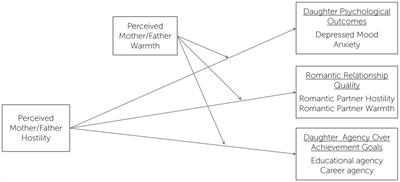
ORIGINAL RESEARCH
Published on 18 Nov 2022
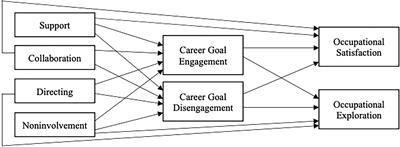
ORIGINAL RESEARCH
Published on 21 Sep 2022
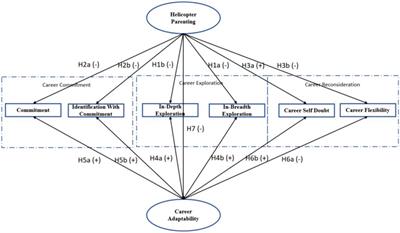
CONCEPTUAL ANALYSIS
Published on 16 Sep 2022
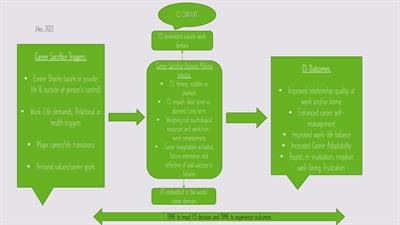
ORIGINAL RESEARCH
Published on 15 Sep 2022
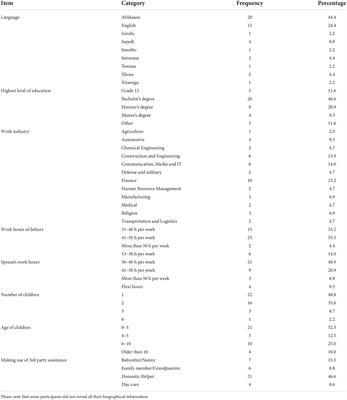
ORIGINAL RESEARCH
Published on 02 Jun 2022
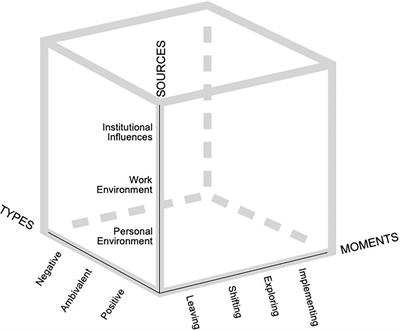
SYSTEMATIC REVIEW
Published on 26 May 2022
